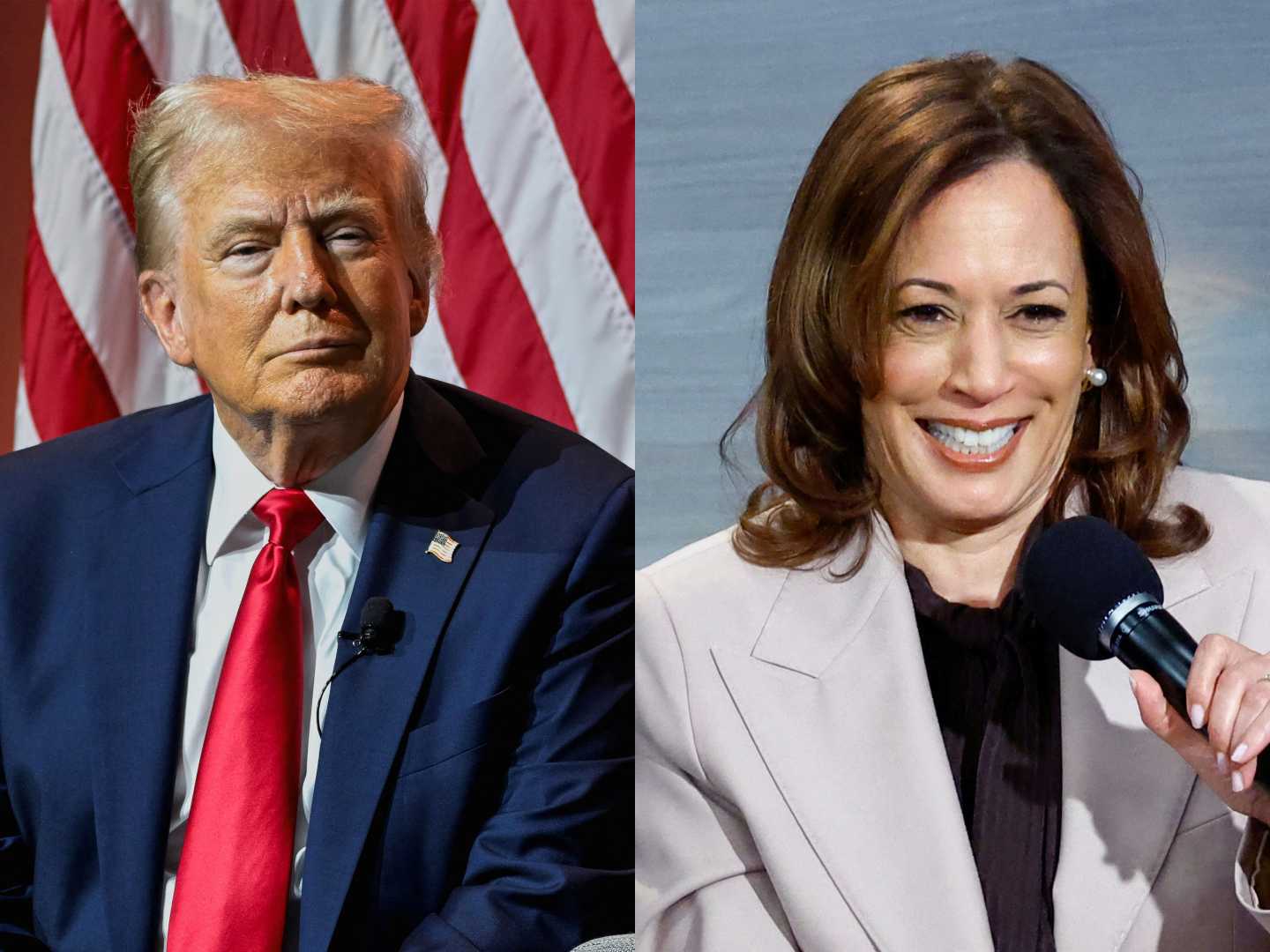Politics
Upcoming U.S. Presidential Election: Polls, Predictions, and Historical Context

The countdown to Election Day in the United States is nearing its end, with heightened anticipation and fluctuating poll results characterizing the political landscape. With just days remaining until November 5, 2024, the race continues to capture national attention. A significant moment in the campaign trail was the recent debate involving Republican Senator J.D. Vance of Ohio and Democratic Governor Tim Walz of Minnesota. This debate follows a previous encounter between former President Donald Trump and Vice President Kamala Harris in September. However, further debates between the two have not materialized, adding tension to an already intense election season.
The current political atmosphere, described by experts as historic, has fueled discussions and analysis nationwide regarding who will become the 47th president of the United States. The shifting polls and odds, as observed until Tuesday, October 8, 2024, reflect the volatility of voter sentiment.
Professor Allan Lichtman, a renowned historian at American University based in Bethesda, Maryland, has made headlines with his prediction favoring Vice President Kamala Harris over Donald Trump. Lichtman, known for his unusual yet historically accurate methodology which incorporates economic indicators and candidates’ charisma, believes Harris will triumph in the upcoming election. Despite his impressive track record dating back several decades, Lichtman notes his sole prediction error occurred in the highly contentious 2000 election that saw George W. Bush‘s victory over Al Gore.
The accuracy of polling data has faced increased scrutiny and skepticism, notably due to errors in prior elections, particularly the general elections of 2016 and 2020. During these elections, numerous polls failed to accurately gauge Donald Trump’s appeal, leading to significant disparities between predicted and actual outcomes. This has consequently resulted in waning public confidence in polling methodologies and their resultant figures.












